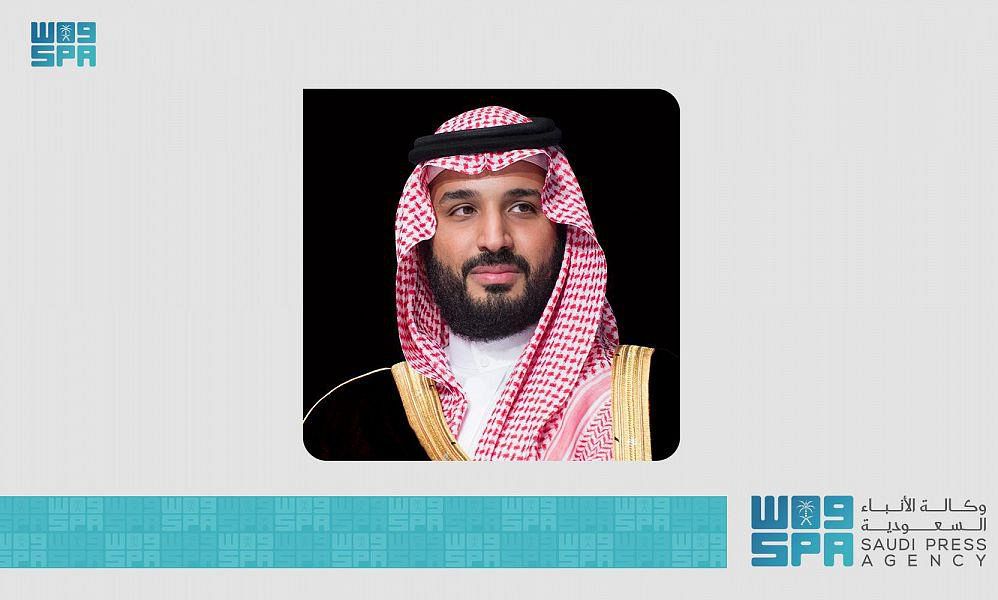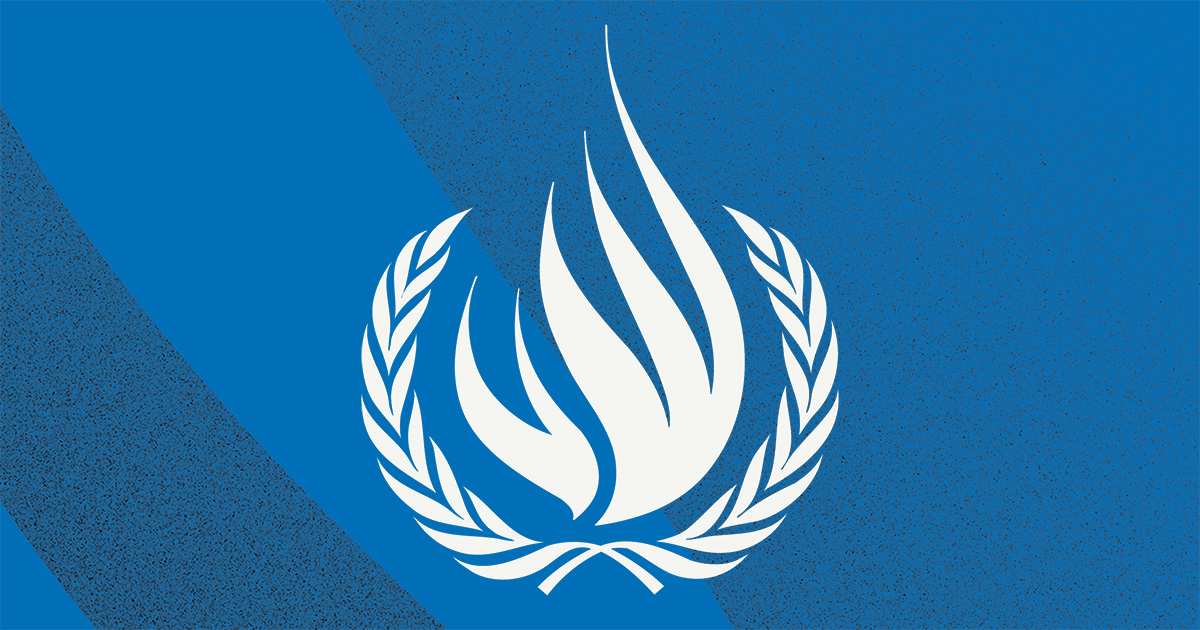
I first began taking trips to Saudi Arabia for business in 2014. In the past 7 years, I have witnessed the Kingdom transform from a place surrounded by mystery to a globally recognized powerhouse of potential.
As an American woman living in the Middle East and doing business in both the Middle East and West, the diversification of Saudi Arabia’s economy has been fascinating to watch.
Since announcing Vision 2030 in 2016, the country has already initiated significant growth within nearly every private sector, with a notable emphasis on small to medium-sized enterprises (SMEs). And with the new announcement of The Line at NEOM, Saudi Arabia is poised to lead the globe in innovation.
As a dealmaker who works among multiple sectors, so much growth across the board at such a rapid pace presents a special kind of dilemma. When it comes to the deals themselves, where is the most beneficial place to start?
A solid strategy is to examine what burgeoning demands may have inevitably arisen as a result of rapidly developing changes. This is precisely what has piqued my intrigue in The Line.
Set to start in the first quarter of this year, The Line is example-in-action: As we outgrow current systems of infrastructure, we are given the potential to improve every facet of urban life. When completed, The Line will provide a car-free, street-free, and carbon emissions-free home to 1 million residents.
By eliminating the confinements of outdated solutions, such as city planning based around increasingly congested transportation systems or the flow of water and vegetation, the project provides countless ways to do better — and a data-based approach to improving the redefined essentials of today’s modern life.
The Line is by default a global project. One might even claim especially so, due to it being based in an oil-rich country. As the first of its kind, it invites the rest of the world to reimagine what the collective future could be like, right alongside Saudi Arabia. There is no better open invitation.
The Line ticks so many boxes for international investors looking for a truly unique and sustainable project.
Carla Dibello
With an emphasis on renewable energy, dynamic city planning, and technological breakthroughs, The Line ticks so many boxes for international investors looking for a truly unique and sustainable project.
A clear example of this was Kirill Dmitriev, the chief executive officer of the Russian Direct Investment Fund (RDIF), during his recent appearance on Arab News’ flagship business TV talk show “Frankly Speaking.”
“This infrastructure technology is really going to be a solution for the world, and the transportation needs of the future. We really believe in the technology and we believe the ecosystem that will be created as a result of this project is definitely of interest to Russia,” he told Arab News’ Frank Kane.
In the business world, projects such as The Line offer insight into tomorrow’s solutions. Moments similar to these are rare, as it is not often one has an opportunity to gain such potent insight on synergy in action.
This is arguably one of the most advantageous reasons for attending the FII (Future Investment Initiative) conference in person. While the specifics of a deal matter, it is important to give weight to invisible factors that play an equally important role, such as how different personalities might affect communication and collaboration.
Having attended the last three FII summits, I am aware of how connections made on the ground are critical to the success of developing projects. It is an excellent and unique opportunity to connect leaders and businesses through real, personalized relationships.
With the proliferation of values-based business practices, organic interactions that rely on humanity have never been more important. In fact, nothing has proven to be as effective in understanding the nuance of needs within a company or project. And need is always the catalyst of unseen opportunity.
As with the recent G20 Riyadh summit, the coronavirus disease (COVID-19) pandemic prevented the fourth FII conference from happening in person in 2020. By shifting to a hybrid model, FII is demonstrating the ability to look forward and acclimatize to changing trends, positioning itself as a case study for its thesis, Neo-Renaissance.
And what better way to showcase Saudi Arabia’s ability to adapt to challenges and still come back with forward-moving projects such as The Line?
• Carla DiBello is a documentarian and founder and CEO of CDB Advisory, a bespoke consulting firm that bridges connections across private sectors throughout the Middle East and North America. Twitter: @CarlaDiBello
Disclaimer: Views expressed by writers in this section are their own and do not necessarily reflect Arab News" point-of-view












